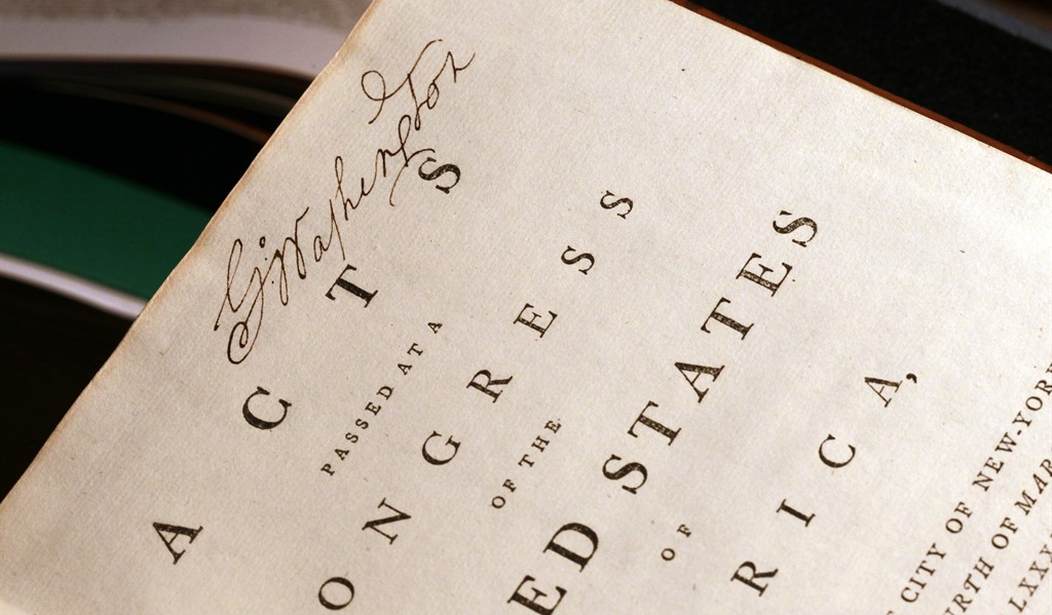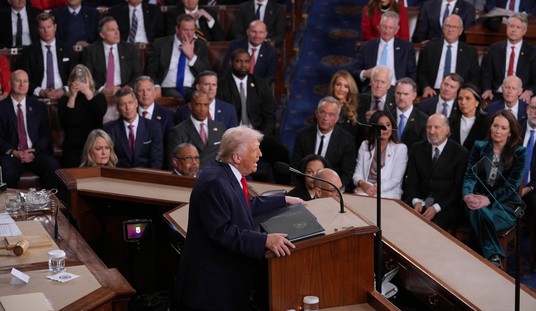After a recent column on “fake news,” someone sent me an email, accusing me of propagating fake news by saying the Bible had anything to do with the founding of America.
The email stated the common charge that the Constitution was the product of men of the Enlightenment, with Masonic influence as well.
Unfortunately, this reader, like so many others, fails to understand the historical truth that the Bible played a unique role in helping to create the U.S. Constitution.
The Biblical concept of covenants gave rise to the Puritan-type covenants. The Pilgrims began the process in the Mayflower Compact of 1620, which was done “in the name of God,” in which they declared their purpose was “for the glory of God and the advancement of the Christian faith,” as they formed “a civil body politic.”
After this Compact, there came about a hundred or so Bible-inspired covenants, frames of government, and articles in America, leading all the way to the U.S. Constitution in 1787.
One of these Puritan documents was the Fundamental Orders of Connecticut of 1639, which says they started their colony for the “liberty and purity of the gospel of our Lord Jesus.” The Fundamental Orders was the first complete constitution written on American soil and is believed by historians to have impacted the U. S. Constitution. This is why Connecticut calls itself “the Constitution State.”
Recommended
The U. S. Constitution itself says that it was done “in the year of our Lord”---meaning Jesus. But also it was done in the 12th year of independence. The Constitution is predicated on the Declaration of Independence---our national birth certificate, which mentions God four times.
Was all this the product of men of the Enlightenment?
The late Michael Novak of the American Enterprise Institute made a great point about the Enlightenment. It was not monolithic, and there were really two types of Enlightenment thinkers: those that were solidly within the Judeo-Christian tradition (e.g., Montesquieu, John Locke, Sir William Blackstone) and those not (e.g., David Hume, Voltaire, Diderot).
America’s founders quoted heavily from the Bible, Montesquieu, Blackstone, and Locke---in that order.
•In his The Spirit of Laws, Baron Montesquieu wrote: “We shall see that we owe to Christianity, in government, a certain political law, and in war a certain law of nations—benefits which human nature can never sufficiently acknowledge.”
•Sir William Blackstone, who has often been quoted by the Supreme Court, said that the laws of nature were written by God and were supplemented by the Holy Scriptures. He wrote: “This law of nature being…dictated by God Himself, is of course superior in obligation to any other. It is binding over all the globe, in all countries, and at all times. No human laws are of any validity if contrary to this.”
•John Locke penned: “The Bible is one of the greatest blessings bestowed by God on the children of men.” I used to have a Sunday school teacher, Dr. Greg Forster, who earned his Ph.D. at Yale studying Locke and became a Christian because of Locke’s classic book, The Reasonableness of Christianity.
Although not all framers of the Declaration and Constitution were orthodox Christians, about 95 percent of the founding fathers were active members of Trinitarian Christian churches. To many of them, the Christian faith was central in their lives:
•In his “Circular to the States” (1783), George Washington said that America could never hope to be a happy nation unless we learned to imitate Jesus, “the divine author of our blessed religion.”
•In his Inaugural Address (1797), John Adams calls “a decent respect for Christianity among the best recommendations for the public service.”
•Thomas Jefferson said that Jesus is the reason we can have religious freedom. To force people to believe in religious views they don’t share are a departure from Him, “the holy author of our religion.” Jefferson wrote this in his Virginia Statute for Religious Freedom (1777, adopted 1786).
•James Madison, a key leader in the creation of the Constitution, wrote that our obligations to God come before those to the state: “Before any man can be considered as a member of Civil Society, he must be considered as a subject of the Governor of the Universe.”
As to the Masonic charge, I view it as an anachronistic charge. The Masons in America did not become anti-Christian until the 1830s and thereafter, long after the time of the framing of our founding documents.
God and the Bible are greater than anyone or any country. But I think we do a disservice to our history to discount the incredibly positive role the Scriptures played in helping to shape this nation.
In the email that prompted this column, I was accused of being a “Christian constitutionalist.” Guilty as charged.
























Join the conversation as a VIP Member